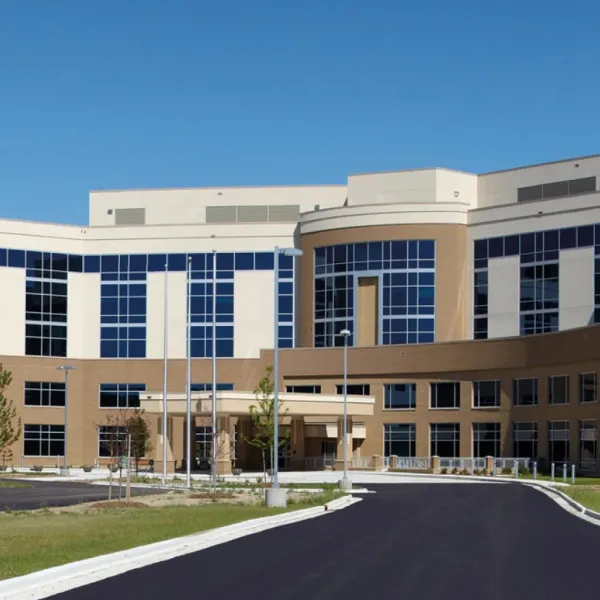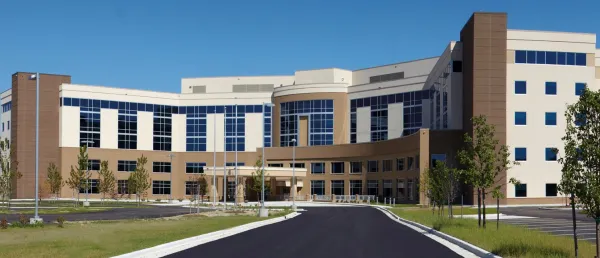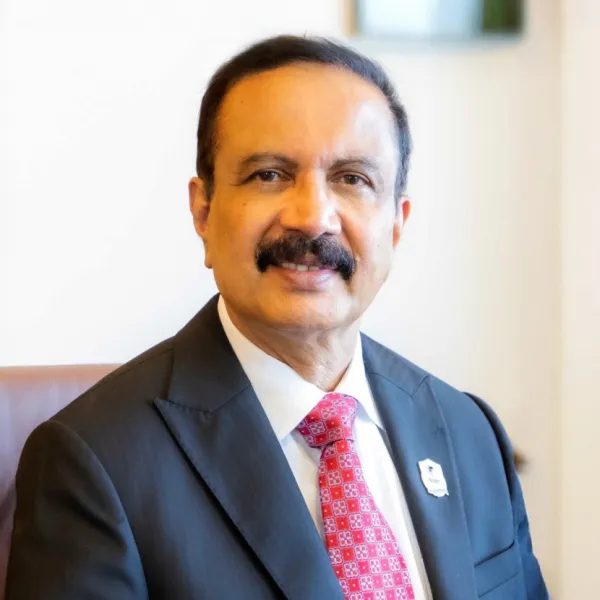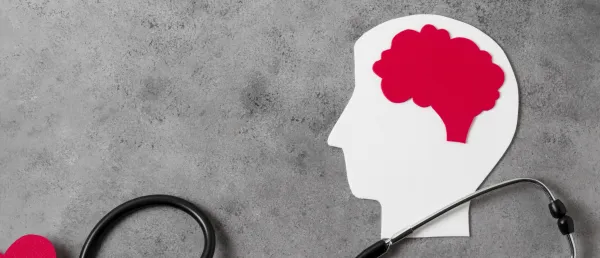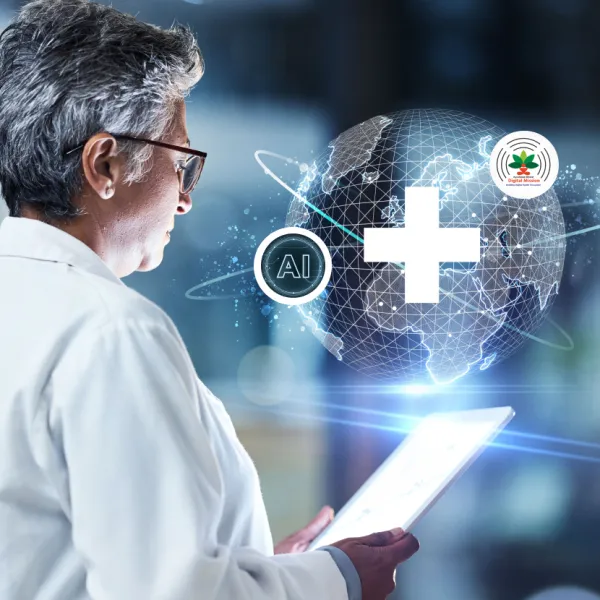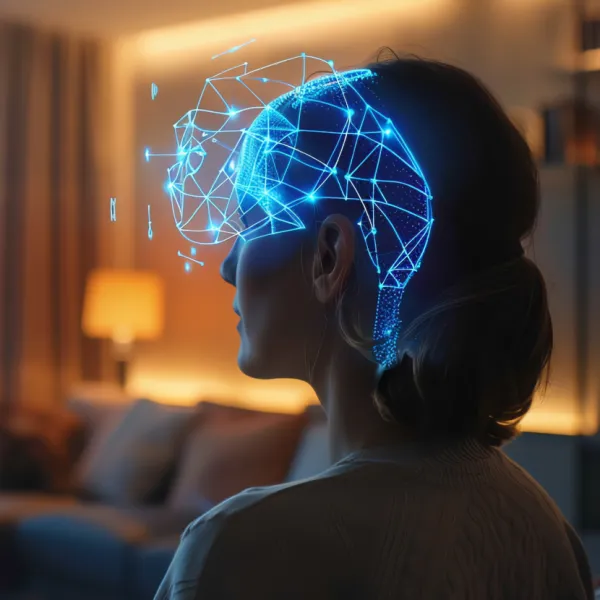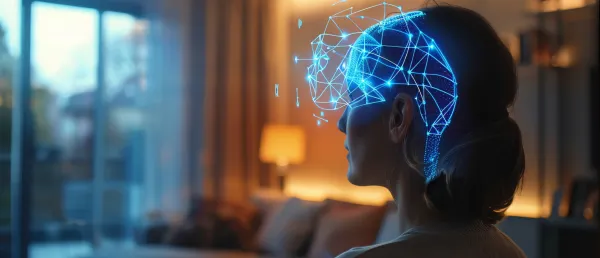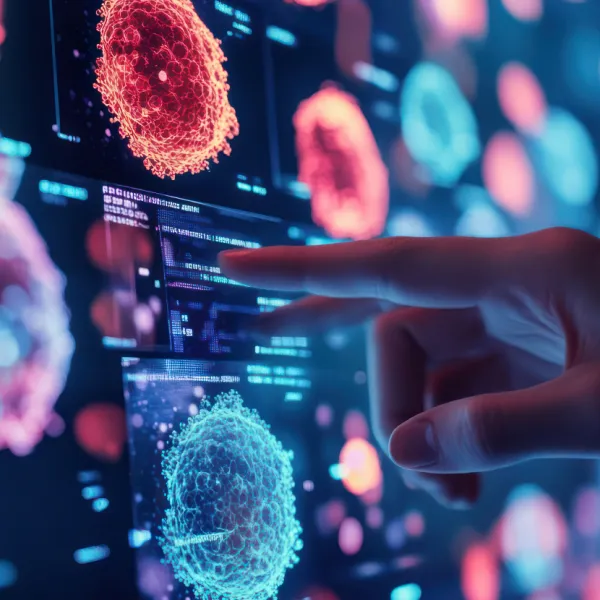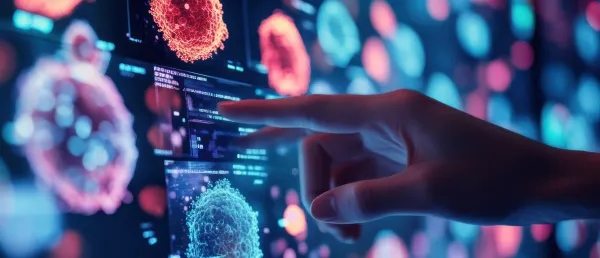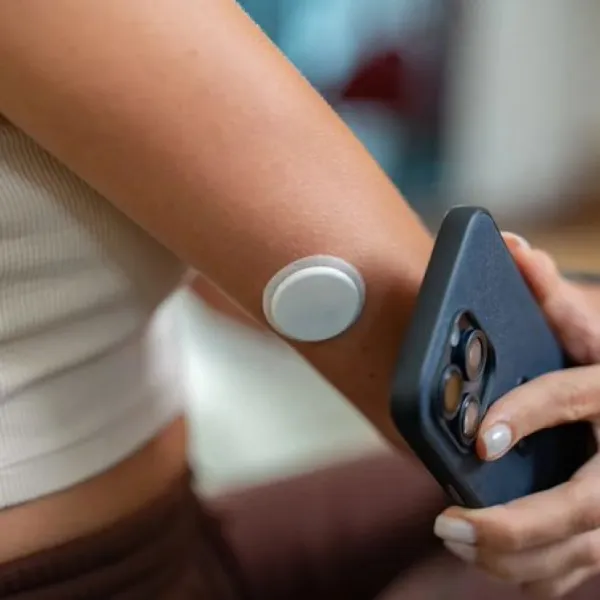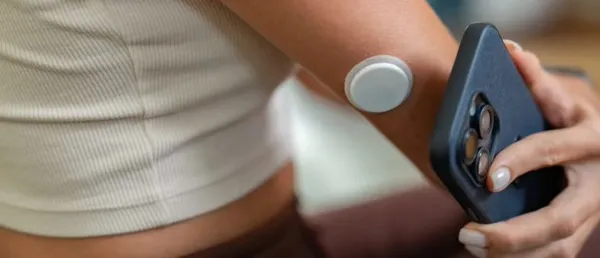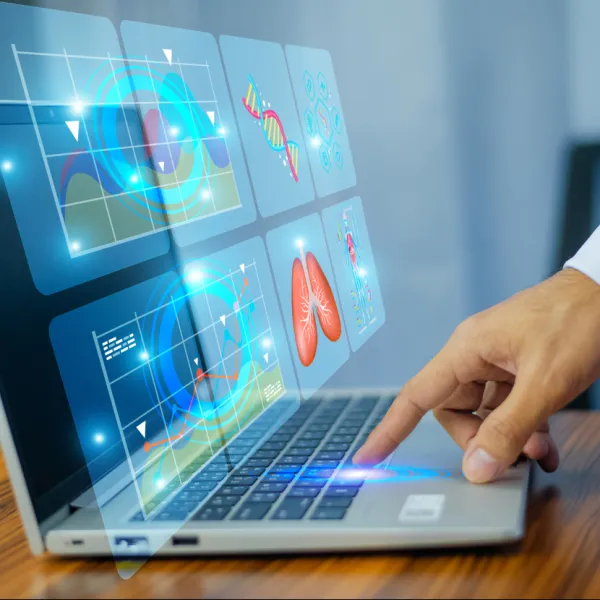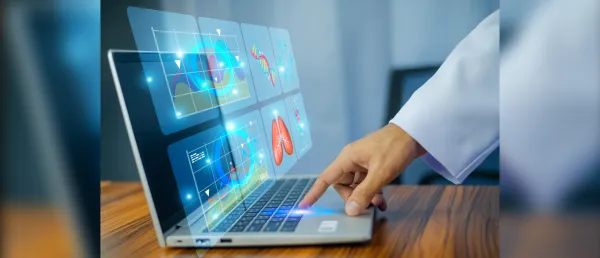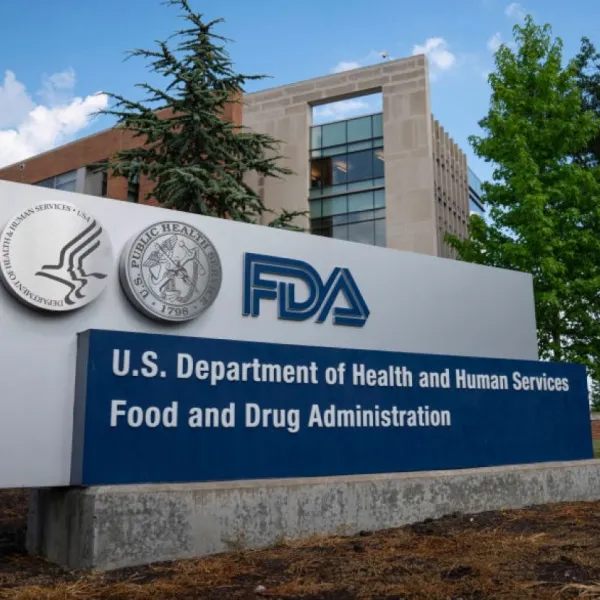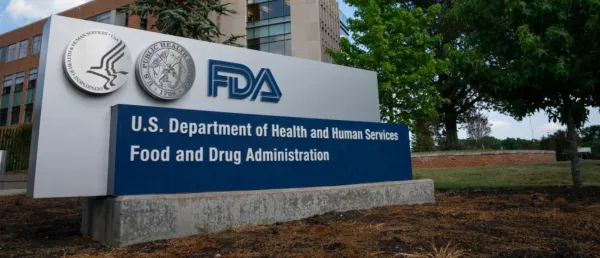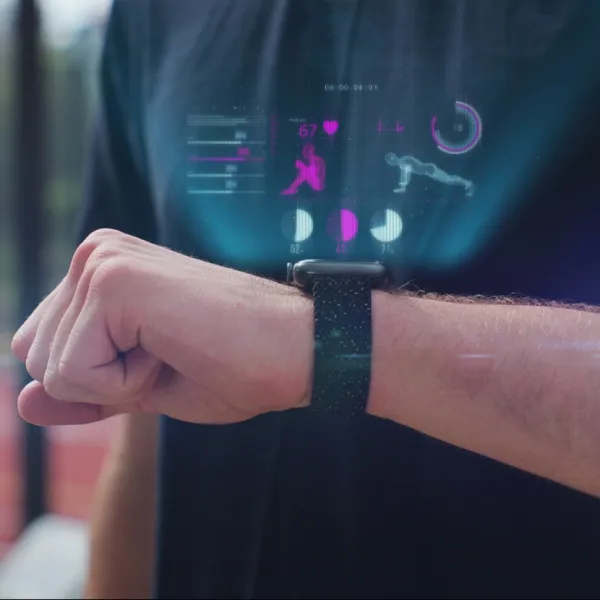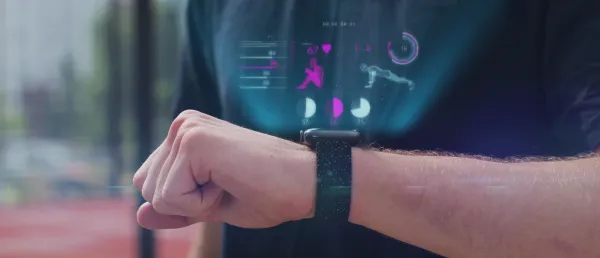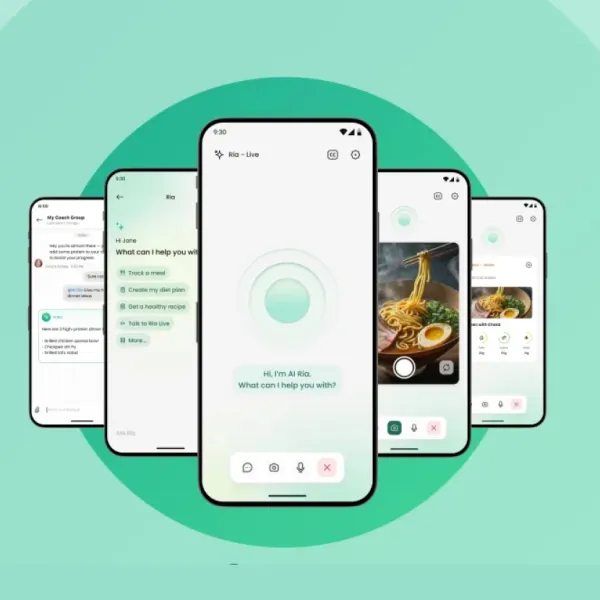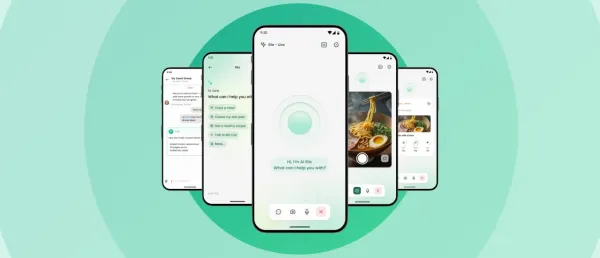Advanced Brain-Sensing Device Offers New Hope for Parkinson's Patients in India

The DBS technology utilized in this surgery is further enhanced by BrainSense, which continuously tracks and analyzes beta oscillations, a brainwave pattern often associated with Parkinson's symptoms.
A 72-year-old Parkinson’s patient in India recently underwent a transformative Deep Brain Stimulation (DBS) procedure using the Percept RC brain-sensing device, marking a significant advancement in treatment for those affected by the debilitating disease.
The surgery, performed at Aster Hospitals in Bangalore, has relieved the patient from persistent symptoms such as tremors, stiffness, and involuntary movements.
This approach incorporates BrainSense technology, enabling continuous monitoring of the patient’s brain activity to tailor treatment more precisely.
DBS involves implanting electrodes in targeted brain areas that send controlled electrical pulses to regulate abnormal brain signals. This process aims to alleviate the characteristic symptoms of Parkinson’s by adjusting neurological activity. A small neurostimulator device, placed under the skin near the chest, powers these electrodes. With the integration of BrainSense technology, clinicians can now monitor and adjust treatment based on real-time brain activity, enhancing symptom management and personalizing care.
BrainSense Technology in Parkinson’s Treatment
The DBS technology utilized in this surgery is further enhanced by BrainSense, which continuously tracks and analyzes beta oscillations, a brainwave pattern often associated with Parkinson's symptoms.
This data enables healthcare providers to adjust the intensity of electrical pulses in real time, reducing side effects while enhancing the patient’s quality of life.
"We are the first in India to implant the entire circuit—Percept RC with directional leads. The entire procedure took four hours, and the patient has responded well to the surgery,” said Dr Ravi Gopal Varma, Director at the Global Centre for Excellence and Lead Consultant Neurosurgeon at Aster Hospitals.
Dr Nirmala S, Consultant Neurosurgery at Aster CMI Hospital, said, "This device provides a personalized approach to deep brain stimulation therapy, adapting to the patient's changing needs."
Precision Medicine in Neurology
The Percept RC and BrainSense combination illustrates the ongoing shift toward precision medicine in neurology, where treatment adapts dynamically based on individual patient data.
This DBS technology, while already available in select international hospitals, is among the first of its kind in India.
The implications are particularly relevant as the prevalence of Parkinson’s continues to rise, affecting millions globally, with a significant number of cases in India.
The surgery, deemed successful by the medical team, is expected to provide sustained improvement in the patient’s symptoms. Clinicians continue to monitor the outcomes closely to fine-tune the settings and gauge the long-term impact of BrainSense on symptom control. Stay tuned for more such updates on Digital Health News.
Stay tuned for more such updates on Digital Health News







